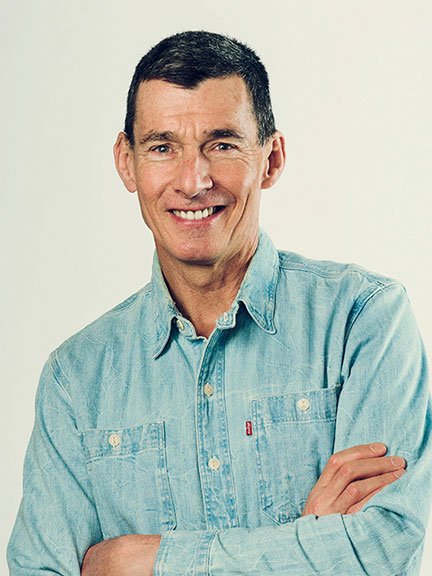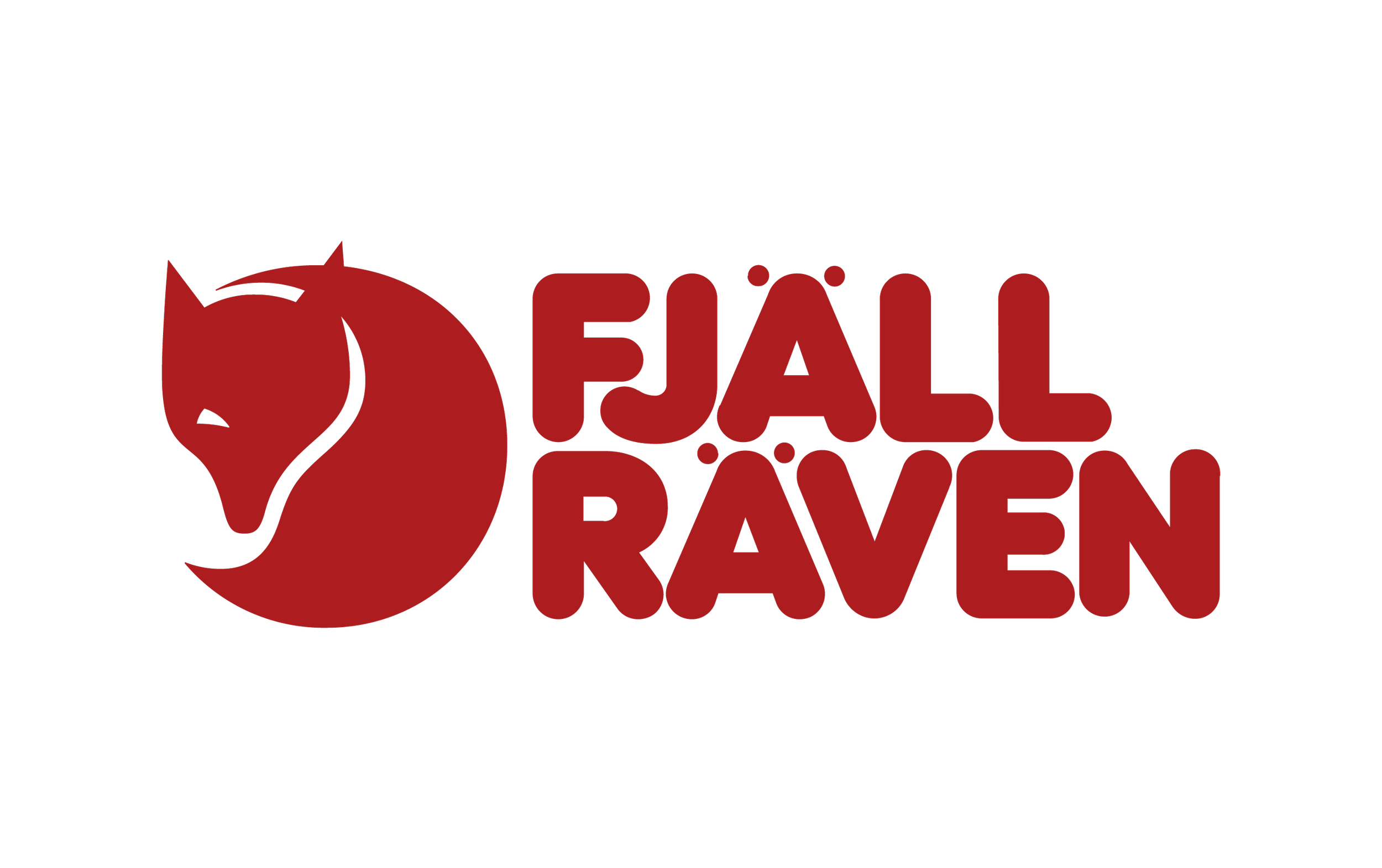Foto’s via Shotbysud/RTL
Wie overleeft het langst in de wildernis? In de nieuwe Videoland-serie Alone wordt de lat voor hoger gelegd dan ooit tevoren. In de ongerepte natuur van Noorwegen worden negen deelnemers gedropt om een ultieme survivaluitdaging aan te gaan met niet meer dan een basis survivaluitrusting.
Los van elkaar en ver weg van de bewoonde wereld moeten zij zien te overleven. Alleen, zonder productieteam of cameraploeg, filmen ze hun eigen strijd tegen de elementen. Alone is vanaf vrijdag 22 november te streamen bij Videoland.
(Via Broadcastmagazine.nl)
Dit zijn de 9 deelnemers van Alone
Awi Rabelista Nijhof (33 jaar)
Wildernis Expeditieleider en Transformatiecoach
Instagram: @awi_rabelista
Tijdens mijn laatste soloreis in de wildernis is mijn toenmalige vriendin overleden en sindsdien ben ik niet meer alleen in de natuur geweest. Het is mij altijd aangeleerd ‘de klus te klaren’ en daarbij mijn emoties opzij te zetten. Ik wil de kracht vinden om deze emoties écht te voelen, weer in contact te komen met mijzelf, en de connectie te vinden met de natuur die ik als kind had in de Filipijnen.'
Anton van den Heuvel (59 jaar)
Bushcraft-instructeur, trainer en coach uit Lelystad
Instagram: @antonvandenheuvel
'Ik hou van natuur, avontuur en uitdaging en dit is voor mij de ultieme kans om mijn vaardigheden in de pure natuur te gebruiken. In mijn beleving verliezen veel mensen in de huidige maatschappij het wezenlijke contact met de natuur door de luxe en gemak. Dankzij deze challenge kan ik het leven van en met de natuur écht ervaren.'
Bilal Durmaz (52 jaar)
Personal trainer uit Nijverdal
Instagram: @bilal.durmaz.543
‘Ik wil meedoen omdat ik een avonturier ben en hou van de uitdagingen die de natuur biedt. Het lijkt me fantastisch om mijn skills in te zetten en zowel fysiek als mentaal tot het uiterste te gaan om één te worden met de natuur.'
Daan Timmers (50 jaar)
Bushcraft instructeur en Verwilderaar uit Amsterdam
Instagram: @daan_gaat_wild
'Met dit avontuur wil ik graag ervaren of ik echt kan ‘leven mét de natuur’. Lukt het mij om deze verbinding aan te gaan in de afhankelijkheid van alles om me heen? Mijn grote wens is om in de ruige wildernis goed voor mezelf te kunnen zorgen, zodat ik niet alleen kan óverleven maar in overgave kan leven en genieten.'
Marie-José Spek (35 jaar)
Militair uit Limburg
Instagram: wild.free.marie
‘Uitdagingen aangaan zit in mijn aard en een groot survival avontuur staat zeker op mijn bucketlist. Na jaren als leidinggevende van militaire survivaltrainingen wil ik nu zelf in het wild overleven. Door dit avontuur eerlijk en krachtig in beeld te brengen hoop ik anderen te inspireren dat je zo veel meer kan dan je denkt.'
Govert Zweep (26 jaar)
Avonturier en YouTuber uit Nijmegen
Instagram: @govertsweep
'Ik hou van uitdagingen en zie de waarde van het oncomfortabele, waarin je jezelf echt leert kennen. In de ongerepte natuur ontsnap je aan de gevormde realiteit en ervaar je een puur en kloppend gevoel dat moeilijk in woorden te vatten is.'
Marly Loomans (27 jaar)
Instructeur wildernis living skills uit Velp
Instagram: @marlyofficinalis
Ik heb altijd al de drang gehad om mezelf te testen in de natuur, ver van de beschaving, om te zien hoe sterk mijn zelfredzaamheid is in een survivalsituatie. Door dit te doen, hoop ik jonge meisjes en vrouwen te inspireren en echt tot mezelf te komen in de wildernis, waar ik me van jongs af aan thuis voel.'
Niels Geense (27 jaar)
Ecoloog en muzikant uit Goes
Instagram: @niels.geense
“Ik heb een enorme passie voor bushcraft en survival en droom ervan om langere tijd alleen in een afgelegen wildernis door te brengen. Als ecoloog, toegewijd aan natuurbescherming, zie ik een programma als ‘ALONE’ als de ideale kans om deze droom waar te maken.'“
Menno weeda (42 jaar)
Sportief manager Circuit Zandvoort uit Zandvoort
Instagram: @mennoweeda
‘Overleven in de wildernis is voor mij de ultieme uitdaging en de meest pure vorm van leven, een balans tegenover de stressvolle wereld van autosportevenementen die ik organiseer. Terug naar de basis in de natuur brengt mij rust en helderheid, ver weg van de snelle, moderne maatschappij.'
Foto’s via Shotbysud/RTL






















